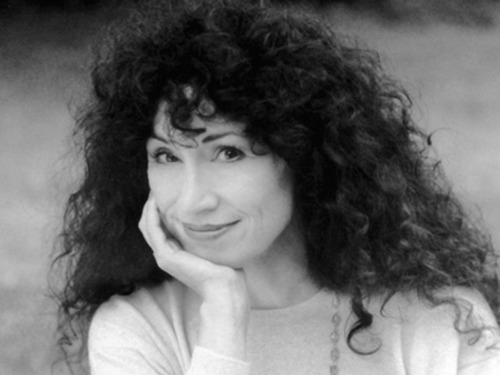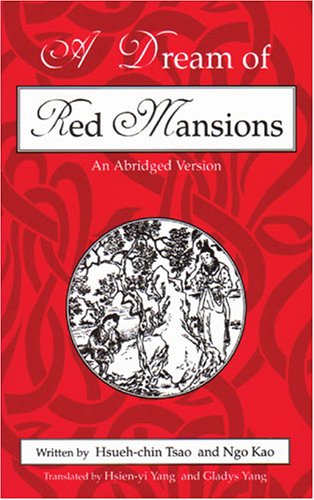 |
| via |
*I received a complimentary advanced review copy of this book in exchange for an honest review.
Published: September 15, 2012 (tomorrow)
It's about: This book follows the life of Clair Martin, who begins life in a Mormon settlement in 1870s Utah. Her life's journey takes her away from the teachings of the Mormon church, all the way to Louisiana, and finally back to Utah as she struggles to define who she is and what she believes.
I thought: I debated with how personal I should get when writing this review, but as the book centers around a strong female character who abandons her Mormon upbringing because it seems too patriarchal, and as I myself am a Mormon feminist, I finally concluded that my most valuable insight into this book is from a more personal perspective. So forgive me for this different style of review.
Clair Martin is certainly what the book blurb professes her to be -- a strong female who will bend to neither man nor religion. Richardson does a fair job of developing her character (though this is not true for the other characters, who tend to be over-simplified). She also does a commendable job writing about the allure and appeal of the Western landscape to those who have history there. However, the list of Richardson's successes ends here.
Obviously, Mormonism plays a huge role in this book, as the heroine begins her journey in a Mormon settlement in Utah and spends the book trying to define her religious beliefs. The author was a practicing Mormon early in life but left the church shortly after starting college in NYC because she found the church's teaching incongruous with her feminist beliefs. As a Mormon feminist myself, I was particularly interested in reading her perspective.
However, after carefully considering her treatment of the Mormons, I can't say that Richardson writes about Mormon history in a thoughtful, circumspect, or carefully considered manner. Instead, she simplifies, reduces, and vilifies Mormon history. For example, there is not a single Mormon character who is genuinely a kind, compassionate person. They are all creeps. All the men, especially, are sex-craved maniacs looking to force women into submission. **some spoilers here** The one character -- a bishop -- who at first appears to be genuine turns into a creep when he asks 18-year-old Clair to be his third wife. And when Clair later finds true love, she loses him when he returns to church activity and runs away to become a polygamist with three teenage wives. Another creep.**end spoilers**
Richardson's Mormon settlement is reduced to one elaborate, patriarchal scheme, headed up by a greedy Brigham Young and perpetuated by perverted men in leadership positions looking for sex and domination.
I would have respected and enjoyed the book much more had Richardson tried to depict Mormon history -- particularly in relation to the women -- more accurately and fairly. It is a complicated and nuanced past that Mormon feminists today still struggle to fully understand. Richardson's reductionist portrayal adds little to the conversation.
Verdict: Rubbish Bin
Reading Recommendations: Readers interested in learning more about the complicated relationship between Mormon beliefs and feminism should turn to more thoughtful books, such as Joanna Brooks' Book of Mormon Girl (read our review here).
Warnings: one scene of rape
What I'm reading next: Still working on Sophie's Choice. It's a long one.




















